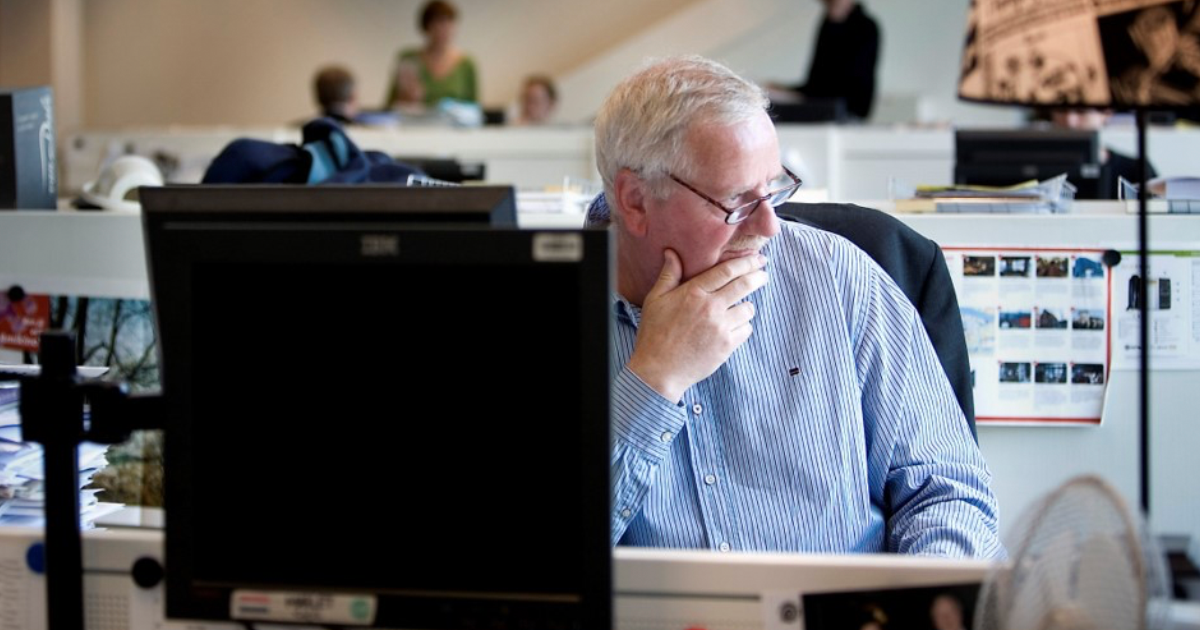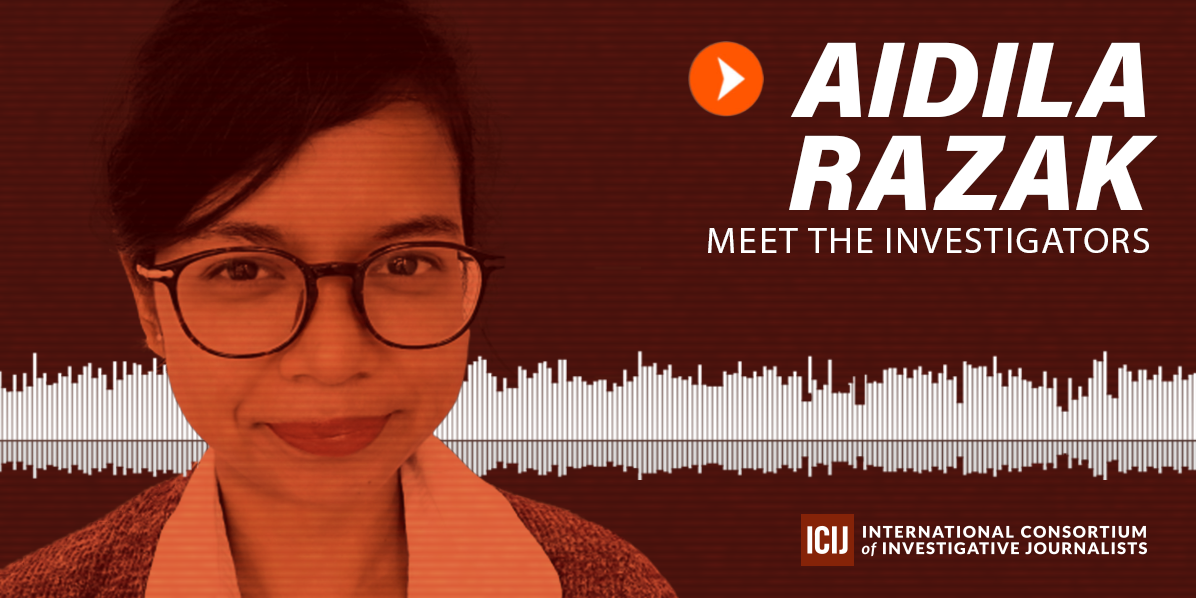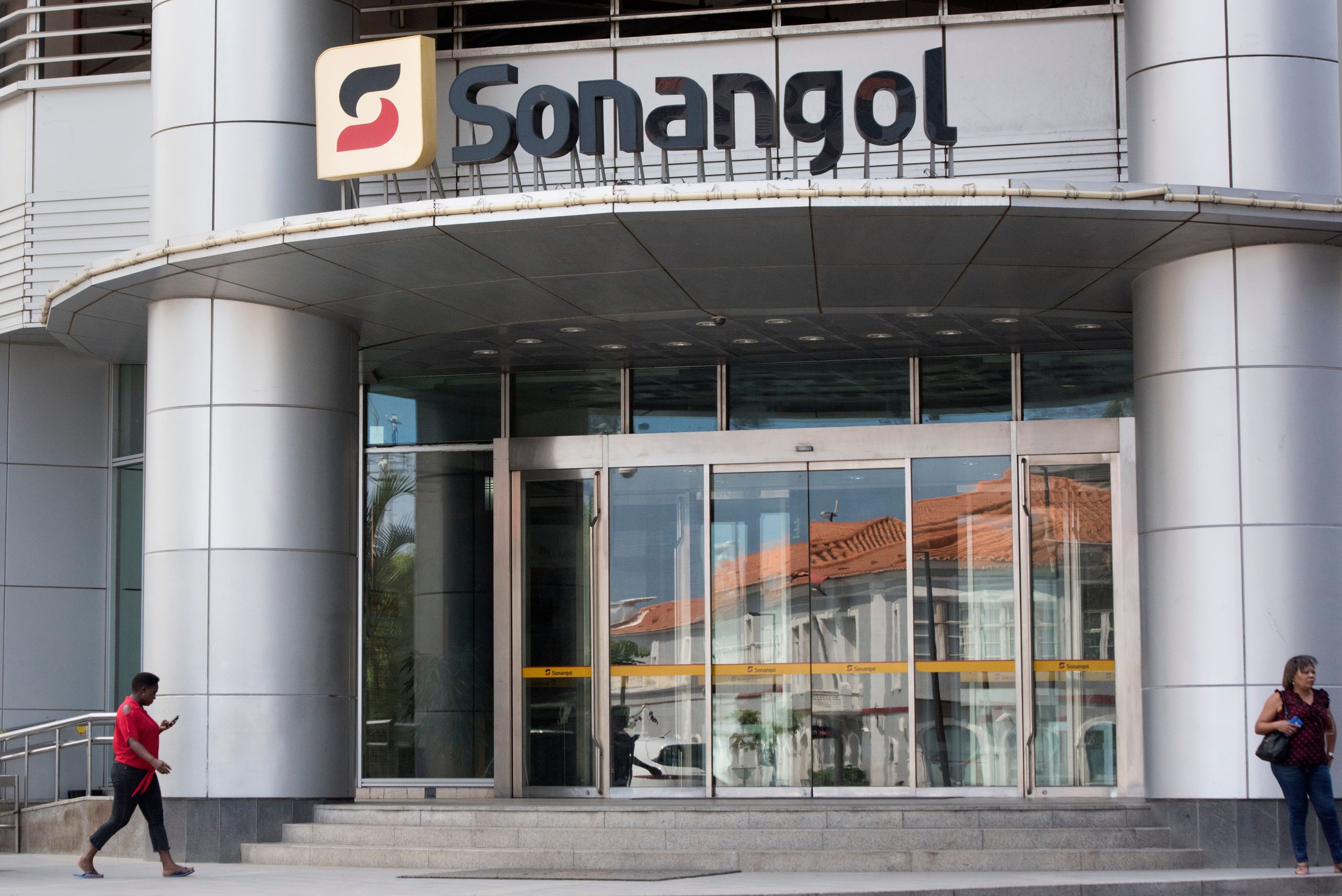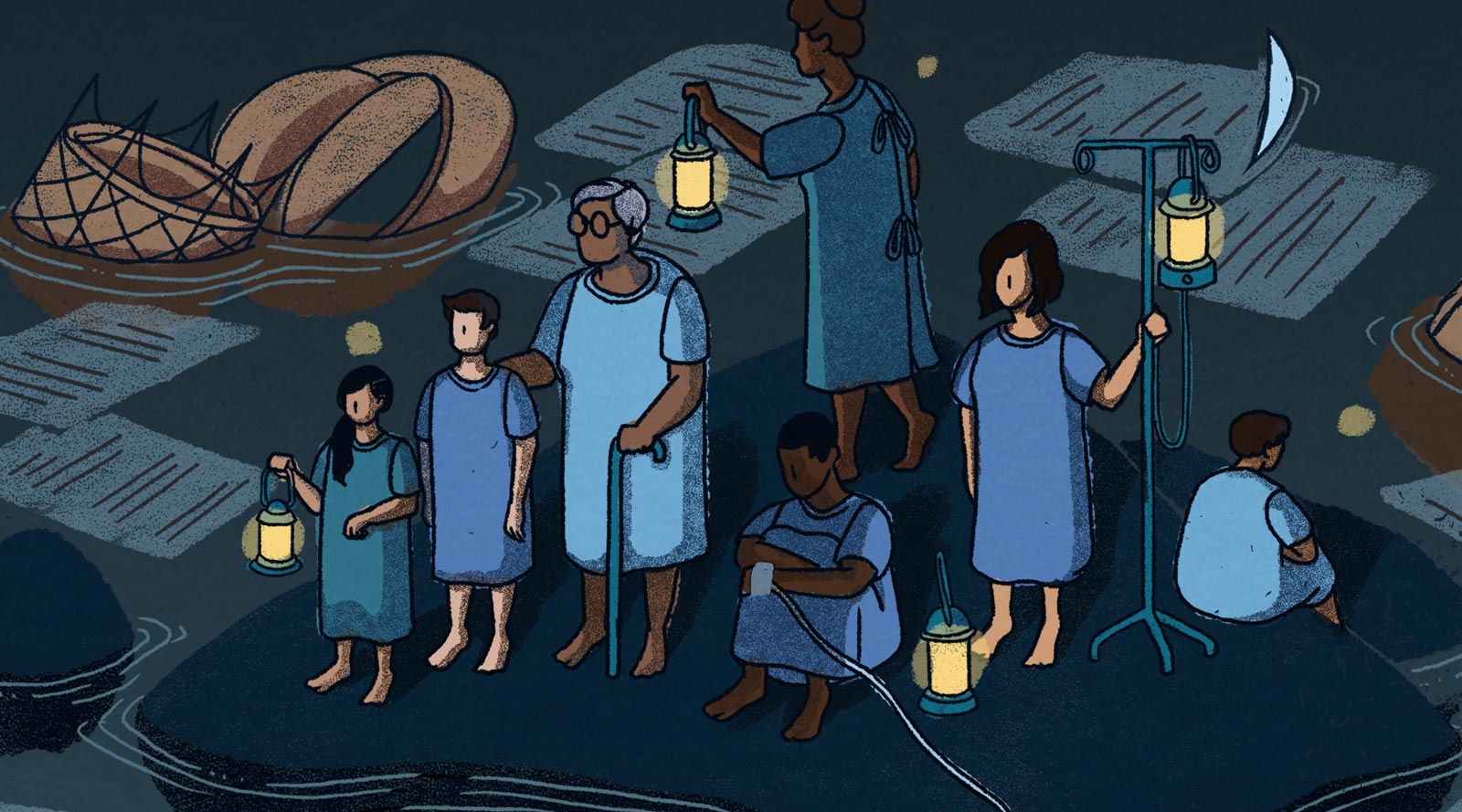ICIJ member Joop Bouma, an editor and reporter for the Dutch daily newspaper Trouw, retired in June after a career that has spanned more than 45 years.
A founding father of the Dutch-Flemish association of investigative journalists, VVOJ, Joop has covered environmental and criminal beats, as well as done extensive investigative work into the tobacco industry, healthcare, and more. He’s authored multiple books, covering topics that include influence-peddling in the government and media by cigarette companies, and the influence of the pharmaceutical industry on doctors in the Netherlands.
Joop became an ICIJ member in 2001 and has worked on multiple ICIJ investigations, including the Implant Files, the Panama Papers and the Big Tobacco Smuggling investigation. Joop and another ICIJ member, Jet Schouten, were named the Netherlands’ Journalists of the Year in 2018 for their work on the Implant Files.
“Joop has been a wonderful friend to ICIJ over the past 20 years, and has always been generous with his time and wise in his advice,” said ICIJ Director Gerard Ryle. “We’d like to thank him for his contribution to our organization and to journalism, and wish him all the very best.”
To farewell Joop, we are publishing a special Meet the Investigators. You can follow him on Twitter here.
Why and how did you first get into journalism?
I chose the profession because I am extremely curious by character — I want to know everything, down to the last detail. If that’s your aberration, journalism is a fine profession. You’re at the forefront of everything. When I entered journalism, it was still possible in the Netherlands to learn the profession in practice from experienced colleagues in three years. There wasn’t really any formal, professional training back then. I started at a regional newspaper, which was a good way to learn the profession because at a regional newspaper you come into contact with the entire spectrum of society.
How did you get involved in ICIJ?
In the nineties, I started research into the marketing strategies of the tobacco industry in the Netherlands. ICIJ was already working on a project about the involvement of the industry in international tobacco smuggling. I gave a presentation about my research at the first world conference of investigative journalists in Copenhagen, Denmark. Maud Beelman, then director of ICIJ, was also there. She asked me if I wanted to become a member.
What do you remember from your first few years with ICIJ, and how has the organization changed since?
In those first years, the focus of ICIJ’s research was mainly on the American journalistic agenda, so it wasn’t always easy to get investigative journalists outside North America interested in projects.
Now ICIJ has grown into a tremendously powerful group of investigative journalists, with a worldwide reputation. This is also due to the fact that the organization is well managed, that ICIJ produces careful journalism and that this standard is also well guarded. In a joint venture with such a strong reputation, it is not surprising that important, international issues almost automatically find their way there. It is a kind of self-fulfilling prophecy.
The strength of international cooperation such as within ICIJ is that this happens on a collegial scale. That makes ICIJ and many other international collaborations of journalists unbeatable. And legally difficult to tackle: a collaboration is infinitely stronger than a solitary investigative journalist. This is especially important in countries where democratic values are under pressure. It’s one of the beauties of ICIJ: a journalist in a country where freedom of the press is not self-evident is better protected if an organization like ICIJ stands behind him or her.
What’s been your favorite investigation or reporting project that you’ve worked on so far?
For me, that was Looting the Seas III: Plunder in the Pacific (2012), about the overfishing of the oceans, among others by floating fish factories from the Netherlands. This is a practice that still occurs today and is a major threat to biodiversity worldwide. Regional fishermen are being robbed of their livelihoods because huge trawlers are emptying their waters. I think that the steady damage to biodiversity worldwide caused by human activity is an important and underestimated subject for investigative journalists.
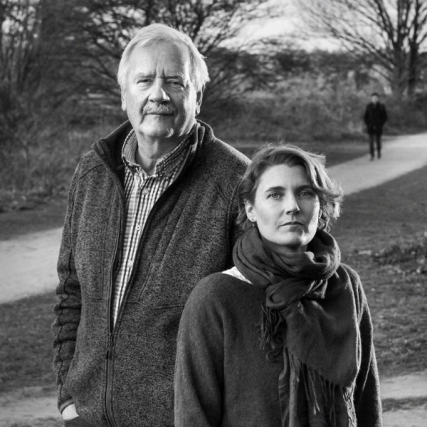
You were instrumental in bringing the medical device industry to ICIJ’s attention for its Implant Files investigation. Where did the idea come from?
.A few years ago, the TV consumer program Radar in the Netherlands did a revealing report on the ease in which medical companies could get approval for medical devices. My colleague Jet Schouten made that story. It was a great scoop. Jet and her colleagues showed that in principle it was possible to get a mandarin net from the supermarket registered as a medical implant for women with pelvic organ prolapse. There was hardly any supervision on the safety of medical devices – like implants – not only in the Netherlands but all over Europe.
I didn’t know Jet at that time, but one day she asked if we could talk. She knew I liked walking. We went for a very long hike in a nature reserve in Holland. Jet said, “That mandarin net is just the tip of the iceberg. There’s a lot more wrong around medical implants — shouldn’t we both write a book about this?” But I was already working on a book at that time, so I didn’t feel like it. She said: “You’re a member of ICIJ, maybe this could be a subject for an international project.” A week later I attended an ICIJ-meeting about Panama Papers in London. That’s where I pitched Jet’s idea to Gerard Ryle and Marina Walker. In the end, more than 250 journalists from 36 countries took part in Implant Files.
All you need is a good idea, a serious topic. Jet’s idea was excellent. She is a member of ICIJ now.
You’ve written books about the Netherlands’ pharmaceutical and tobacco industries. What was reporting on them like, and what are the main things people should know about them?
I have always been fascinated by the way in which highly regulated industries, such as the tobacco and pharmaceutical industries, push the boundaries. To maximize profits they maneuver at the intersection of what is still socially acceptable and what is illegal. That is very interesting.
My employer, daily newspaper Trouw in Amsterdam, has given me every opportunity to follow these two industries intensively for more than 10 years. I believe in long-term and systematic monitoring, because you build up expertise and also get more information from the field. I just think that readers, viewers, patients need to know how these industries work, how they manipulate to increase their turnover. I always tried to keep my own views outside of my work: the reader has to make his or her own judgment based on facts.
How has the journalism industry changed over the years, and what advice do you have for aspiring investigative journalists?
Society has become much more complex and so has the work of journalists, investigative journalists in particular. That is why data journalism has expanded enormously. Sometimes I think we are not always successful in telling ‘the underlying story’ of a research project. I think we sometimes forget to bring a complicated subject in such a way that a reader can identify with the material.
At the risk of being seen as an old school journalist, there is something else that strikes me. Partly due to the great boom of data journalism, the profession of investigative journalism has been rejuvenated. I see that there is a lot of attention on investigative journalist training. But I think a little experience in journalistic craft is important. I would recommend a young colleague who is interested in investigative journalism to also work as a journalist at a domestic, political or economics editorial desk for some years. So you know a little bit about how society works.
What are you looking forward to in retirement?
I’m not going to sit still. I still have book plans. All a journalist needs is a laptop and a clear mind.
